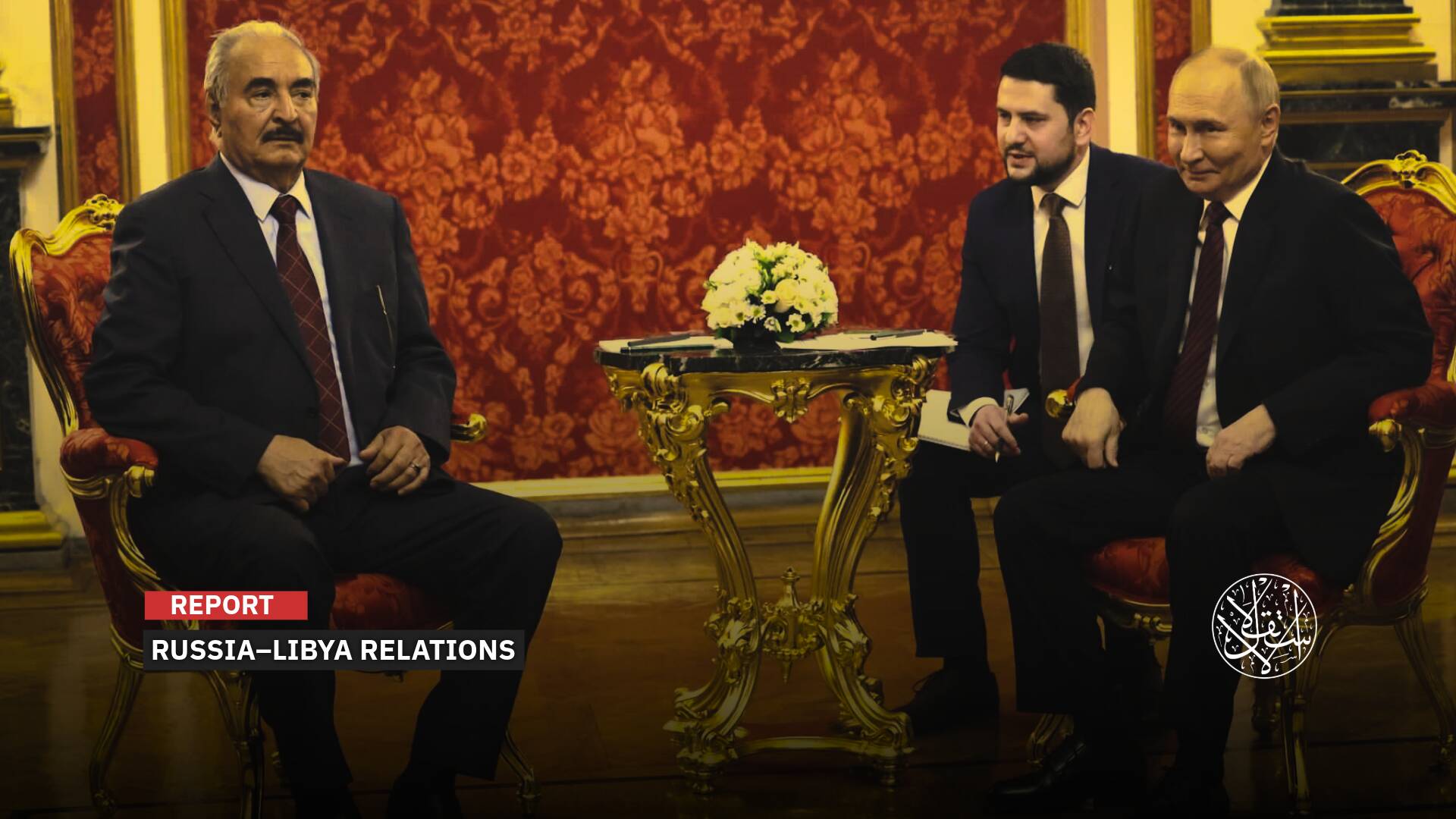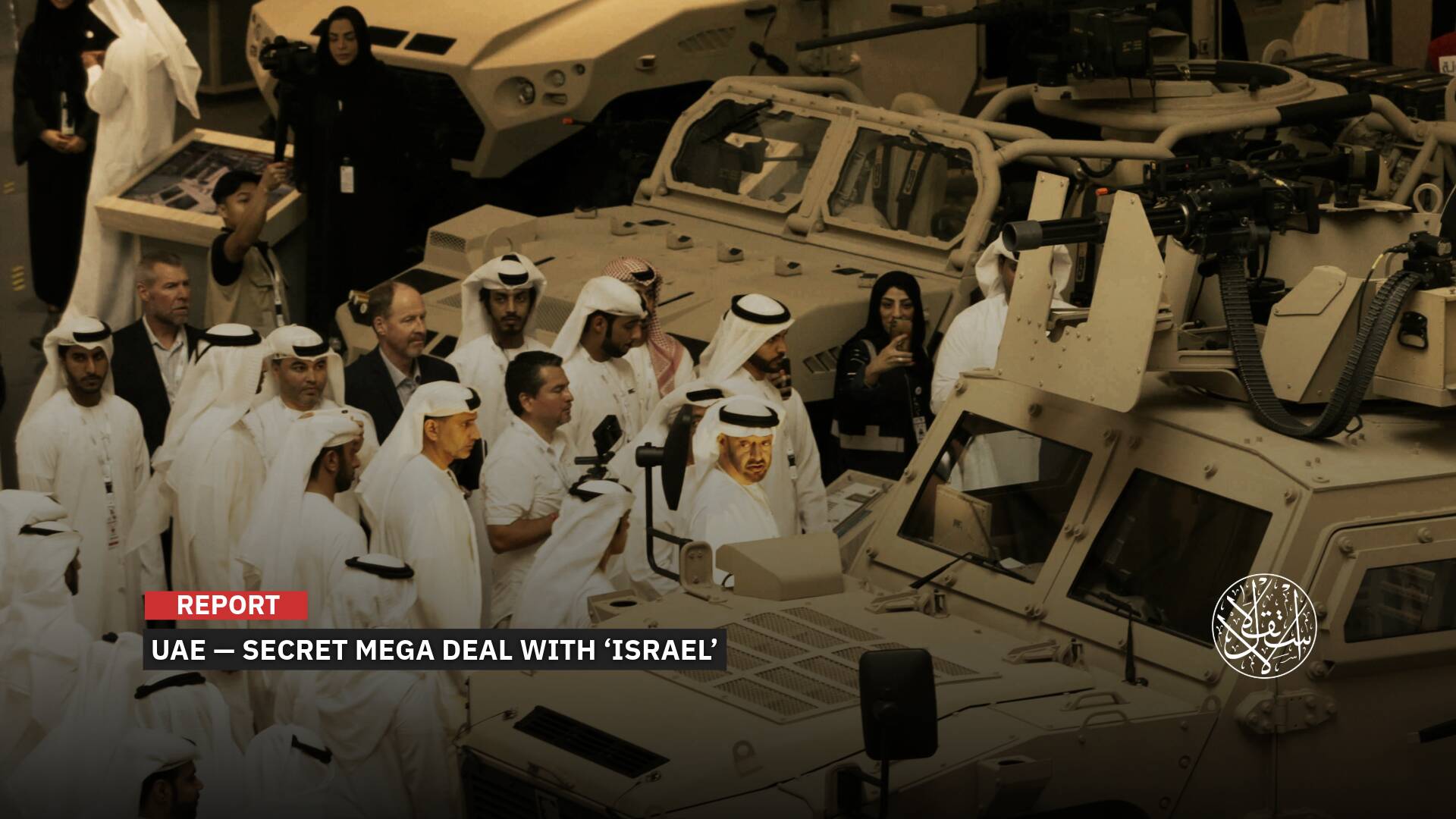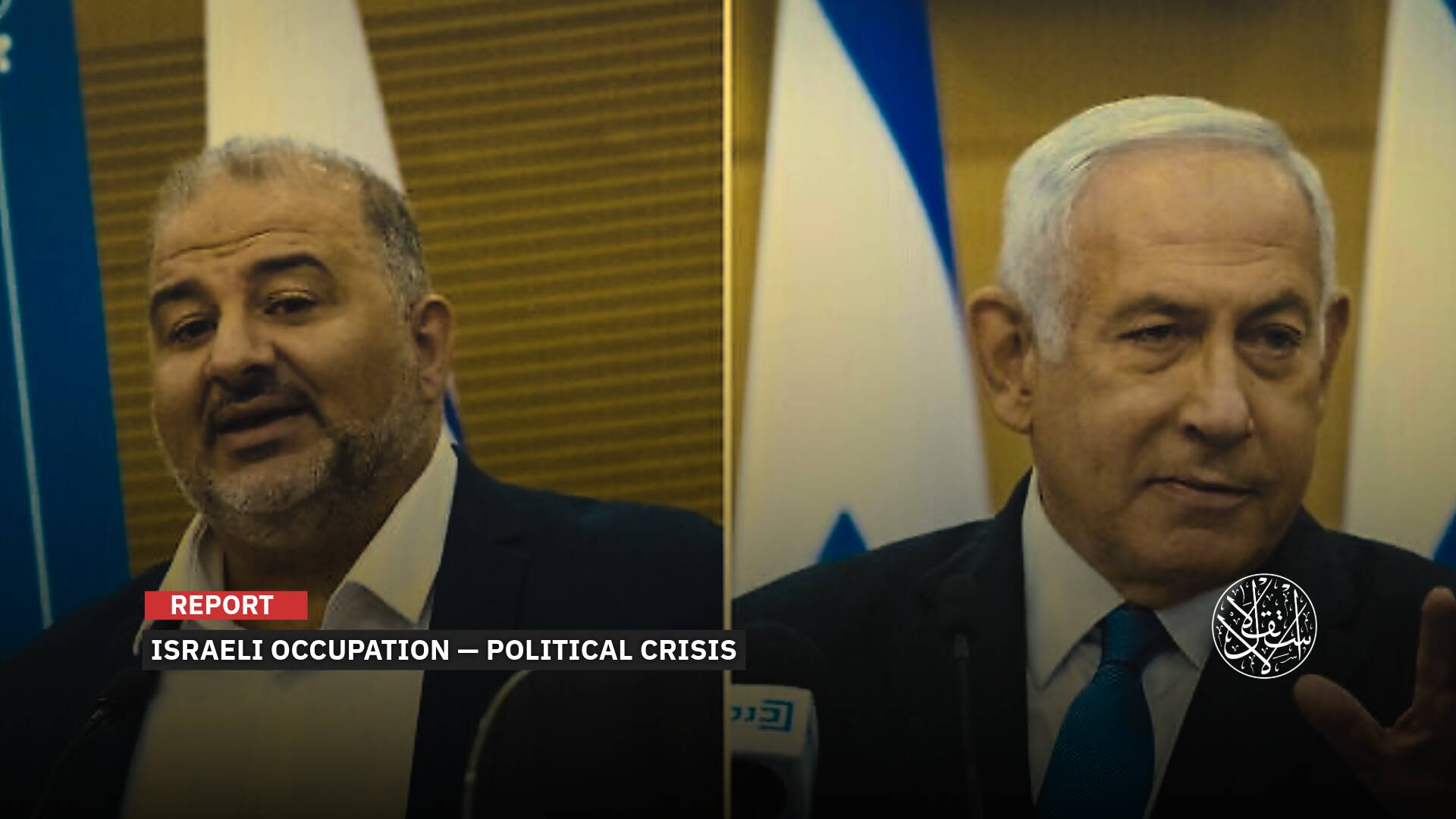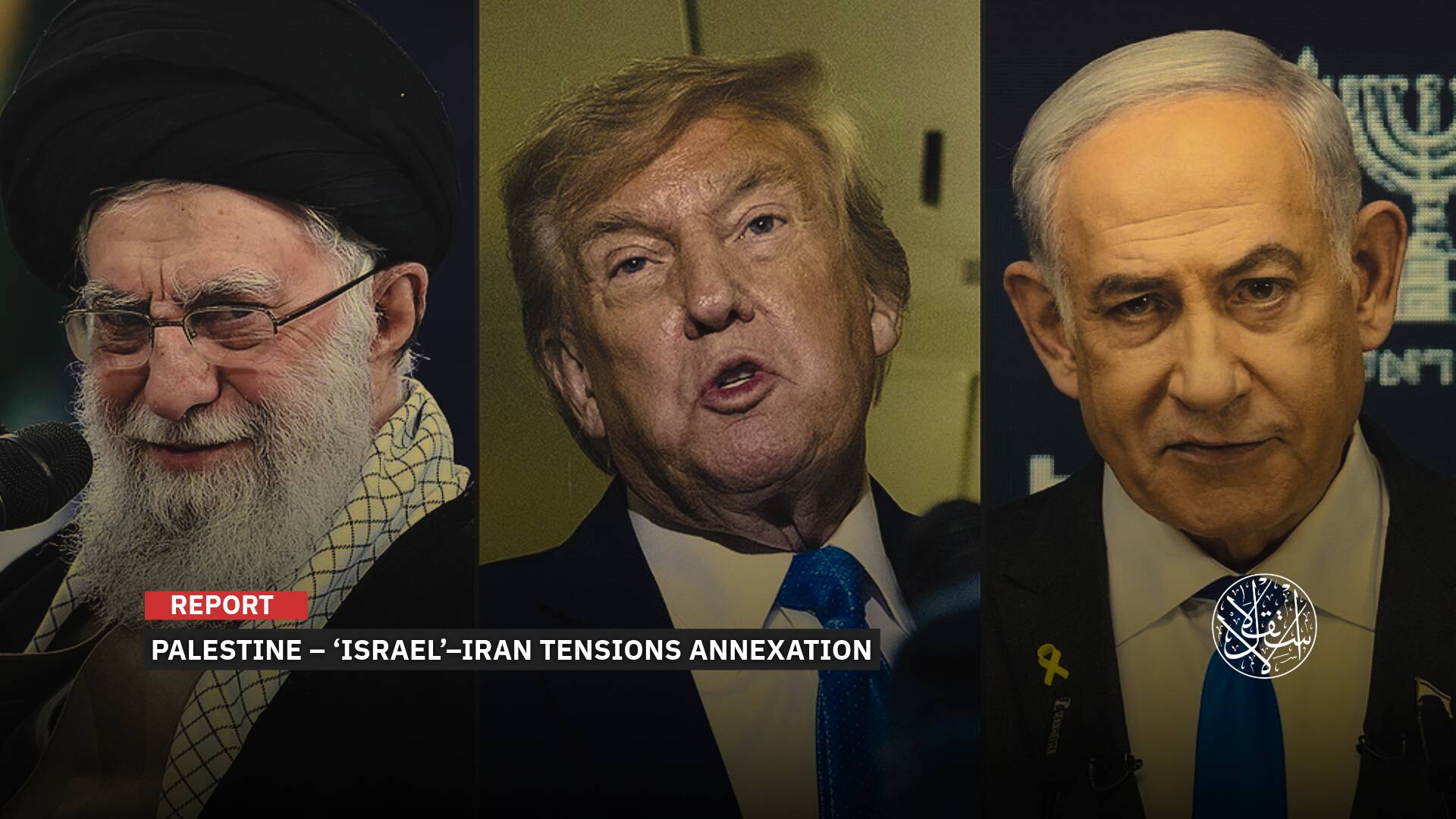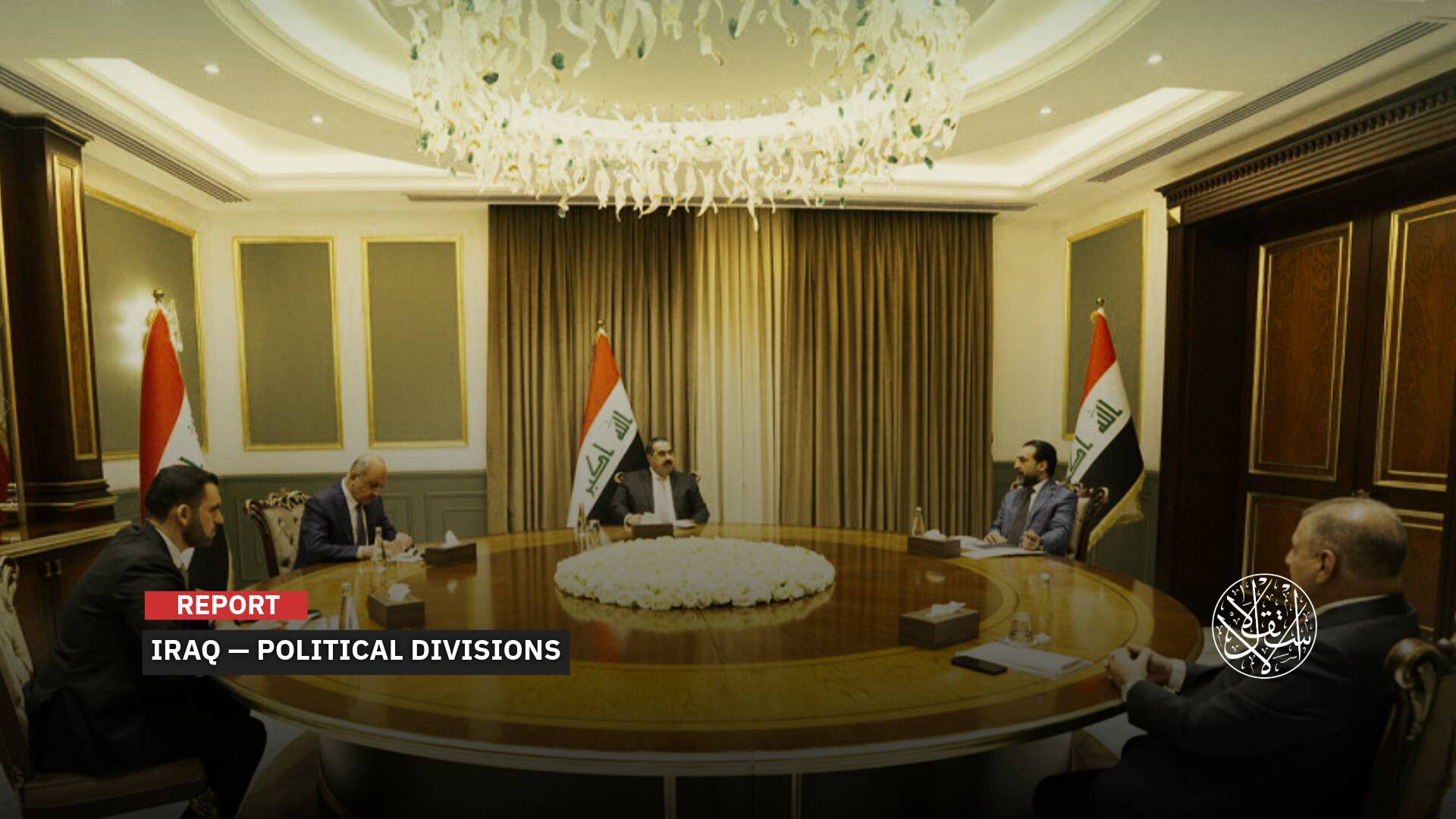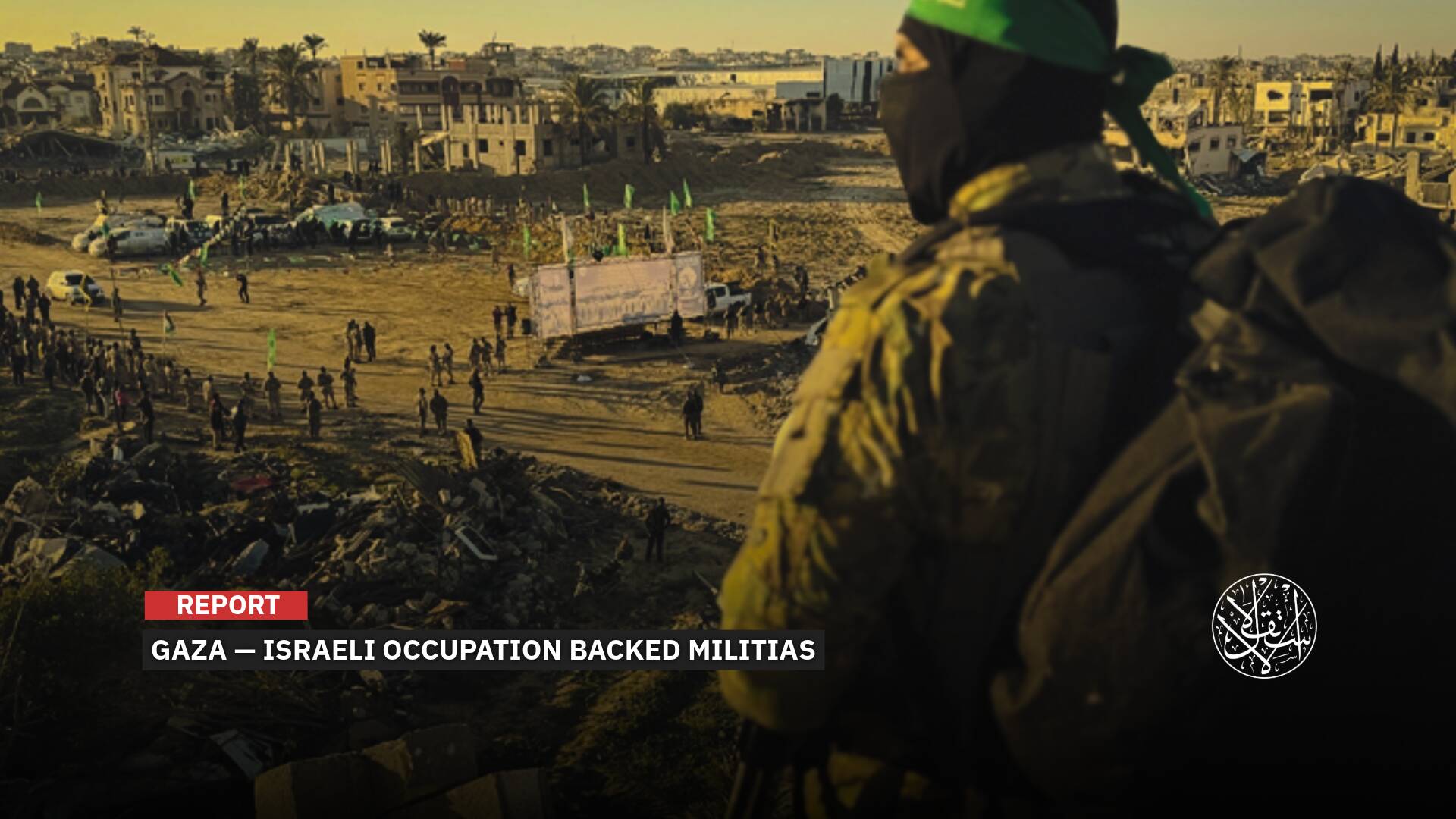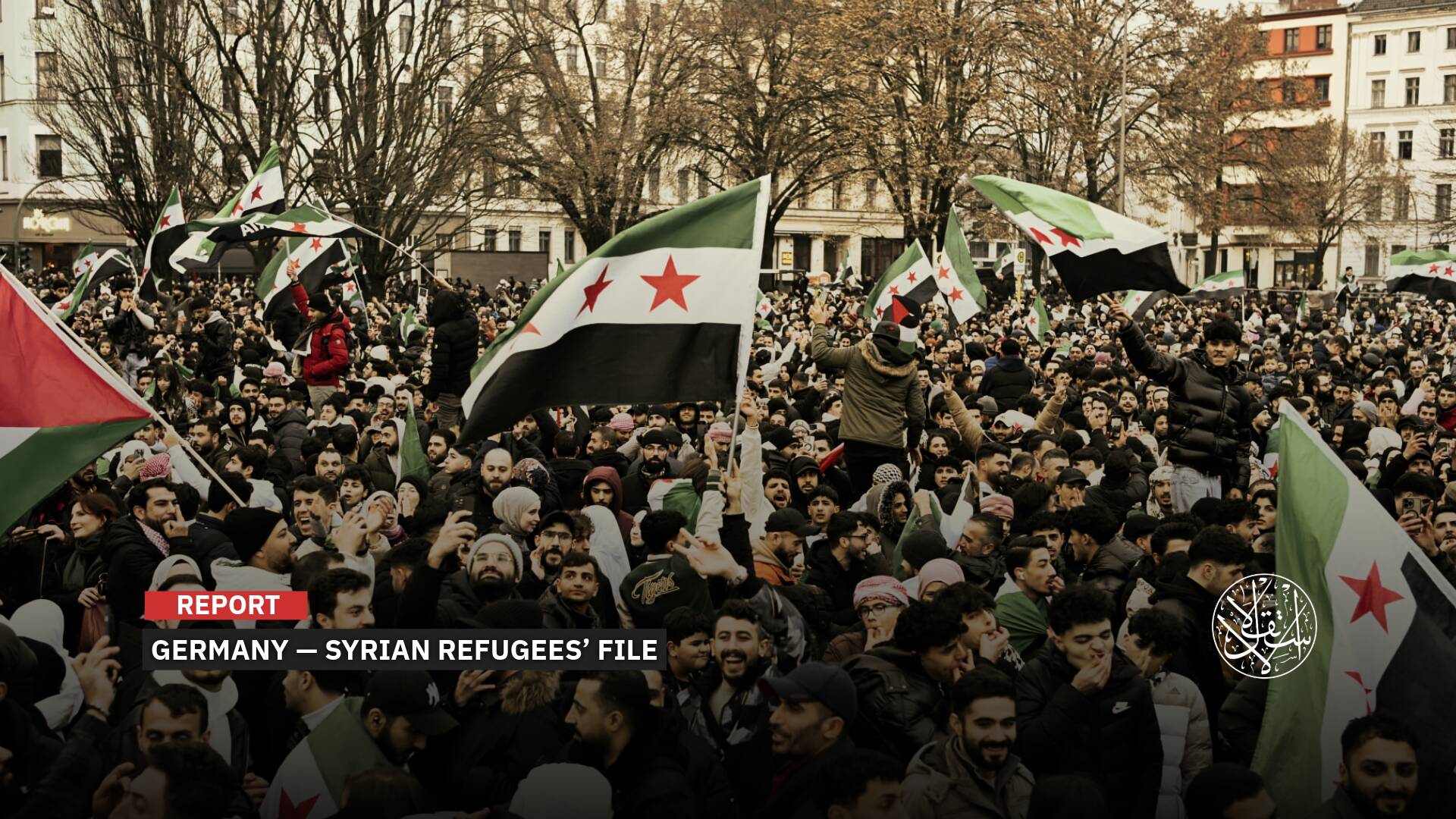Is the Western Media Still Biased Towards 'Israel'?

The British website Middle East Eye published a report by Chris Doyle, director of the Council of Arab–British Understanding, in which he spoke about double standards in the Western media, particularly with regard to the Israeli–Palestinian conflict.
The author begins his report by saying: "Horrific scenes unfolded throughout Jerusalem last month as the Israeli occupation police ended the funeral of Al-Jazeera journalist Shireen Abu Akleh, attacking mourners and those carrying her coffin.
“Over the weekend, the Jerusalem Day ‘March of Flags’ reinforced its reputation for hatred, intolerance, and violence against Palestinians. Of course, the Palestinians should not be told any of this, it is their living experience.”
If it is not Israeli soldiers, the settlers beat them, harass them and burn their crops. Many of these settlers participated in the Jerusalem march.
However, for the outside world, "Israel" is presented as a freedom-loving democracy based on shared values with the West, and for years, the media have played a role in curbing legitimate criticism of Israeli actions and ignoring the Palestinian narrative.
Global coverage of recent events has once again highlighted this failure. Let's take the BBC, a major channel with excellent coverage of international issues, as an example.
Another Face of War
The author also refers to a BBC news article published at the time of the march under the headline: Tensions in Jerusalem are escalating ahead of the March of the Israeli Flag for Young People.
While it mentioned occupation, a point that is often removed from international coverage, it lacked other important contexts.
An initial version of the article also stated that "the march traditionally sees thousands of young Jews, many waving Israeli flags, dancing and singing national songs as they flock through a group of alleys passing through the four historic neighborhoods," noting that Palestinians "view the event as a provocation.”
It did not mention the ordinary source of this provocation: racist chants and calls for genocide by Israeli settlers.
Drop Some Lines
The author continues: A later version of the article referred to an attack on the BBC crew, who "was verbally abused and pushed hard by two marchers, causing a photographer to lose part of his equipment."
The report also noted that the demonstrators were chanting "Death to the Arabs." Strangely, these lines were dropped from a later version of the article.
The BBC did not provide any explanation, except that it stated that some articles had been excluded in the "modernization process." The lines later reappeared in the article after several complaints of deletion.
A later version also included the chant: "I hope your village burns." Of course, this was not mentioned at the beginning of the article but was put away in paragraph nine. Many other racist chants—including "The Second Nakba is coming soon" and "You will end up in refugee camps"—were not even worth mentioning.
The author says: “The BBC told me that based on what their teams on the ground reported, racist chanting was ‘widespread’ but not everywhere. While this is an honest description, the importance of widespread racist chants should not be underestimated. This is not the case of a few rotten apples."
Similarly, the BBC's coverage of the 2021 march was absent, contrasting significantly with local media.
The Times of Israel highlighted the racism calling for genocide and focused on the chant of "Death to the Arabs" in its main title.
The author asks: If there was a march in which participants chanted "Death to the Jews," would this not be the focus of BBC coverage?
When a group of men shouted anti-Semitic slogans from a car in north London last year, the BBC covered the incident, citing offensive language at the forefront of the news, and indicating that police had quickly arrested the suspects. However, in Jerusalem, Israeli police did not arrest anyone for racist chants—and most media ignored this fact.
Press Balance?
The author points out that fairness, balance, and professionalism in the press had to be that when Israeli demonstrators chanted "Death to the Arabs," this should be central to global coverage
But that was not the case, and Palestinians were not allowed to express their feelings about these violations. The Western media suffer from a single-eye vision and a routine inability to point out the inconsistency of the conflict between the occupation and the victim of the occupation.
As for Abu Akleh's funeral, the BBC noted that "the coffin of the murdered journalist was crowded and shaken as Israeli and Palestinian police clashed as the body left a hospital in East Jerusalem"—even with overwhelming video evidence available at the time, which showed an unjustified attack by Israeli police on mourners.
After the complaints, the article was changed again, although it was still suboptimal: "Her coffin nearly fell when the [Israeli] police, some of whom were using batons, rushed into a crowd of Palestinians gathered around it."
The video evidence is frighteningly clear. The coffin fell as the occupying police beat the coffin holders.
"In fairness to the BBC, we must mention that it has a complaints process, and the articles have already changed," he said.
But early versions of articles tend to be more important when people read about an evolving story. The BBC, and many other Western outlets, are very cautious in covering this conflict.
The coverage is filled with passive language and unspecified phrases, such as "clashes broke out" and "violence at the correspondence funeral."
Ukrainian anger against Russian occupiers is covered in the context of violent occupation. Israeli aggression against Palestinians is rarely covered through the perspective of occupation, systematic discrimination, and the looting of property, while racism against Arabs is real and widespread. "The failure to cover the news properly, especially when the truth is so stark, shows how much effort the Western media still has to do," the author concludes.





